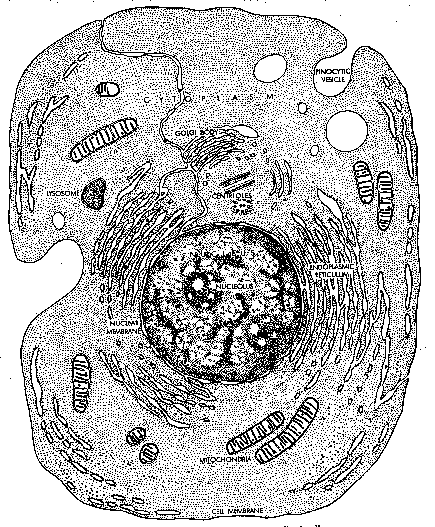It's amazing to me how many people do not stop taking acid blockers once they start over time, as the stomach makes less acid in response to the acid continuously being suppressed, it can actually get harder to stop taking acid blockers in particular, the class of acid blockers known as proton pump inhibitors (ppis) which include prilosec, nexium (aka 'the purple pill') and prevacid, can set. Acid blocking. Yesterday’s news that acid-blocking drugs can lead to a vitamin b12 deficiency and should not be used long-term, is, well, yesterday’s news to us here at experience lifeback in 2008, we published a series of health articles by functional-medicine whiz mark hyman, md, including a piece on digestive health that took on the dangers of acid-blocking drugs.
acid blocking
What about acid-blocking drugs like nexium or prilosec? they work better than sugar pills, but not by much—helping 31% of dyspepsia sufferers, compared to 26% helped by placebo in other words, 5% better than nothing these so-called proton pump inhibitors “have…been extremely lucrative for the pharmaceutical industry,” raking in. H2 receptor blockers are also frequently used to relieve the symptoms of gastroesophageal reflux disease (gerd). gerd is a chronic form of acid reflux, which causes acidic stomach contents to flow. Acid-blockers can increase the stomach’s ph and worsen the risk of a bacterial infection. in one study, tagamet and zantac, two h2 blockers, raised the stomach ph from 1–2 to 5.5 and 6.5, respectively. ppis can raise the ph even more. in one study, a 20- or 40-mg dose of prilosec reduced stomach acid levels to almost zero—and increased.

